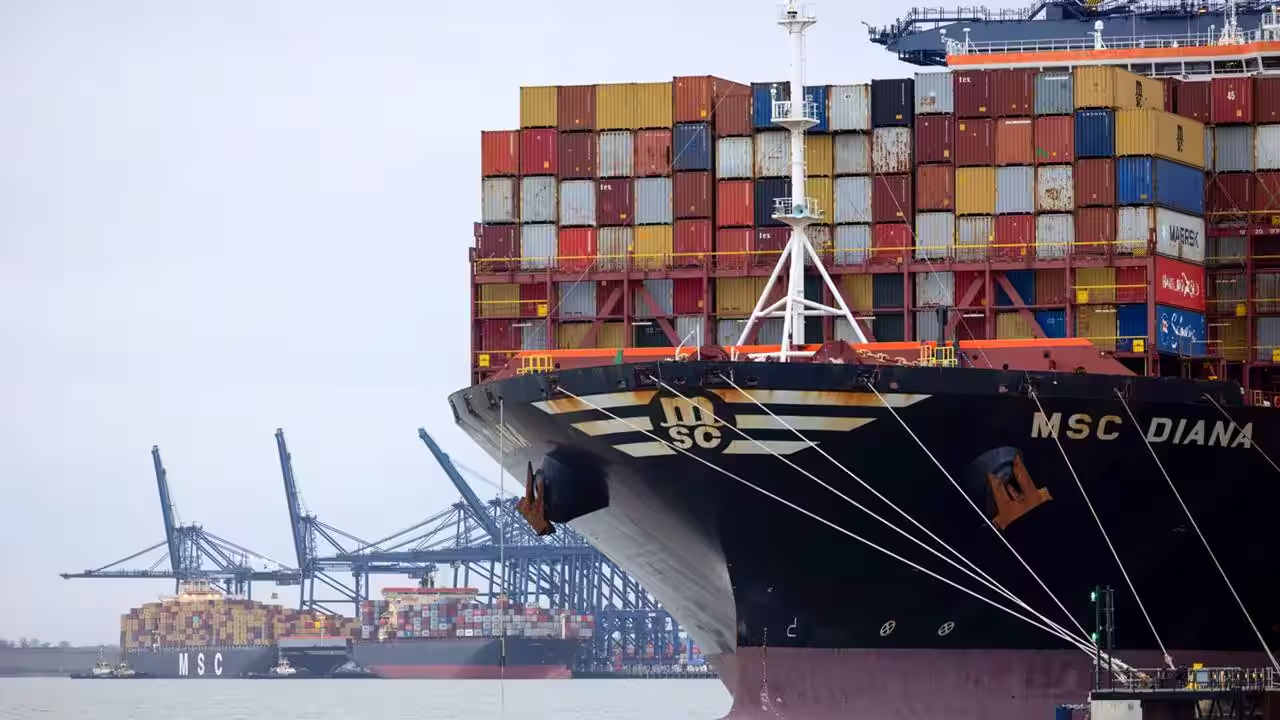Union Budget Boosts India’s Shipping Sector

The Union Budget has set a strong foundation for the growth of India’s shipping sector. It aims to unlock the vast potential of this industry through innovative initiatives. The budget focuses on enhancing the shipbuilding industry, driving investment, and creating job opportunities. Union Minister of Ports, Shipping & Waterways, Shri Sarbananda Sonowal, has welcomed the budget as a progressive step towards achieving Prime Minister Narendra Modi‘s vision of a developed India by 2047. This article delves into the key initiatives outlined in the budget that are expected to transform India’s maritime landscape.
Maritime Development Fund: A Catalyst for Growth
One of the most significant announcements in the Union Budget is the establishment of the Maritime Development Fund (MDF). This fund aims to support India’s maritime sector by providing financial assistance through equity or debt securities. The initial corpus of the fund is set at ₹25,000 crores, with the government contributing 49%. The remaining funds will come from major port authorities, government entities, and private sector investments.
The MDF will play a crucial role in financing ship acquisitions, which is vital for boosting the share of Indian-flagged ships in global cargo volume. The goal is to increase this share to 20% by 2047. By fostering an indigenous fleet, India aims to reduce its dependency on foreign ships, improve its balance of payments, and secure its strategic interests. The MDF is projected to generate investments of up to ₹1.5 lakh crore in the shipping sector by 2030, marking a significant step towards enhancing India’s maritime capabilities.
Enhancing Shipbuilding Infrastructure
The Union Budget has also announced the creation of new mega shipbuilding clusters across the country. This initiative is designed to provide direct capital support, including the construction of breakwaters and capital dredging. Additionally, the budget proposes a 10-year rent holiday for land provided at nominal rates.
With an allocation of ₹6,100 crores, the budget aims to support existing shipyards in upgrading and modernizing their operations. This investment will enhance efficiency, utilization, and overall output in the shipbuilding sector. The government is also extending the Shipbuilding Financial Assistance Policy (SBFAP) 2.0, which provides direct financial subsidies to Indian shipyards. This initiative will help offset operational cost disadvantages and strengthen the domestic shipbuilding industry. The total outlay for this scheme is ₹18,090 crores, reflecting the government’s commitment to revitalizing the sector.
Focus on Human Capital Development
Recognizing the importance of skilled professionals in the maritime sector, the Union Budget allocates specific funds for training and development. The budget includes provisions for Shipbuilding Capability Development Centres (SCDC), aimed at fostering innovative ship design and engineering solutions. An outlay of ₹1,200 crores has been earmarked for this initiative, along with an additional ₹1,040 crores for operational assistance to existing and upcoming shipbuilding design and training centers.
Moreover, a budgetary allocation of ₹610 crores is proposed for research and development in ship technology. This initiative aims to foster the development of new and improved shipbuilding technologies, generating approximately 11 lakh direct or indirect employment opportunities. By focusing on training and human capital development, the government aims to position India as a global leader in maritime human capital.
Incentives for Fleet Modernization and Inland Waterways
The Union Budget also proposes to include large ships of certain sizes in the Infrastructure Harmonised Master List (HML). This inclusion will make them eligible for benefits such as easier access to long-term financing and tax incentives. This move is expected to attract private investment and enhance fleet modernization.
In a significant boost to inland waterways, the Tonnage Tax Scheme has been extended to inland vessels. This change will encourage more cargo movement, as vessels will benefit from tax advantages based on their capacity rather than profit. Additionally, the extension of the PM GATI SHAKTI Portal to private players will enhance efficiency in cargo movement through multimodal infrastructure planning.
Observer Voice is the one stop site for National, International news, Sports, Editor’s Choice, Art/culture contents, Quotes and much more. We also cover historical contents. Historical contents includes World History, Indian History, and what happened today. The website also covers Entertainment across the India and World.

